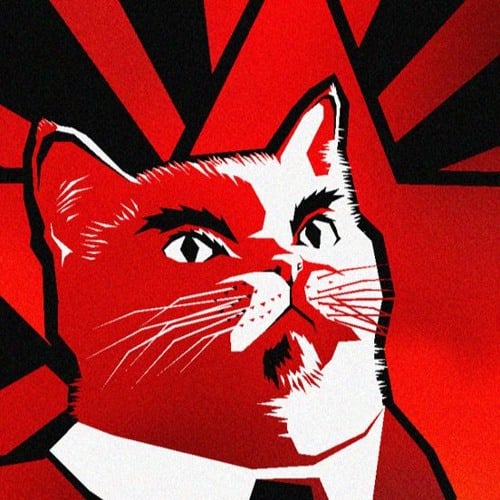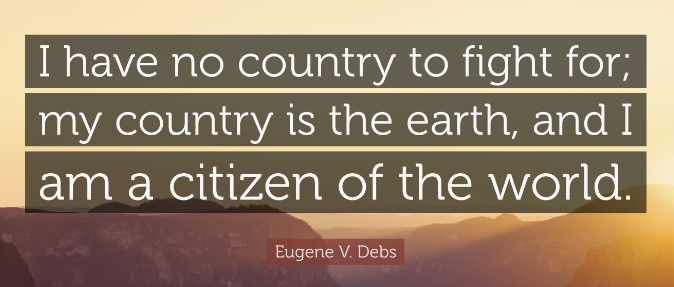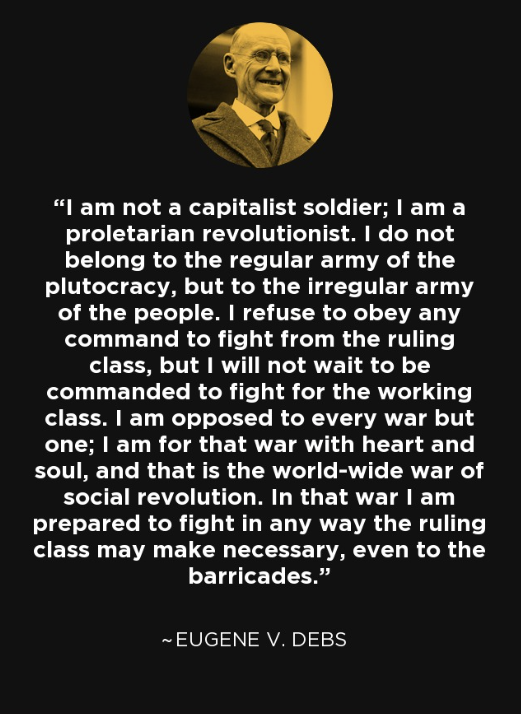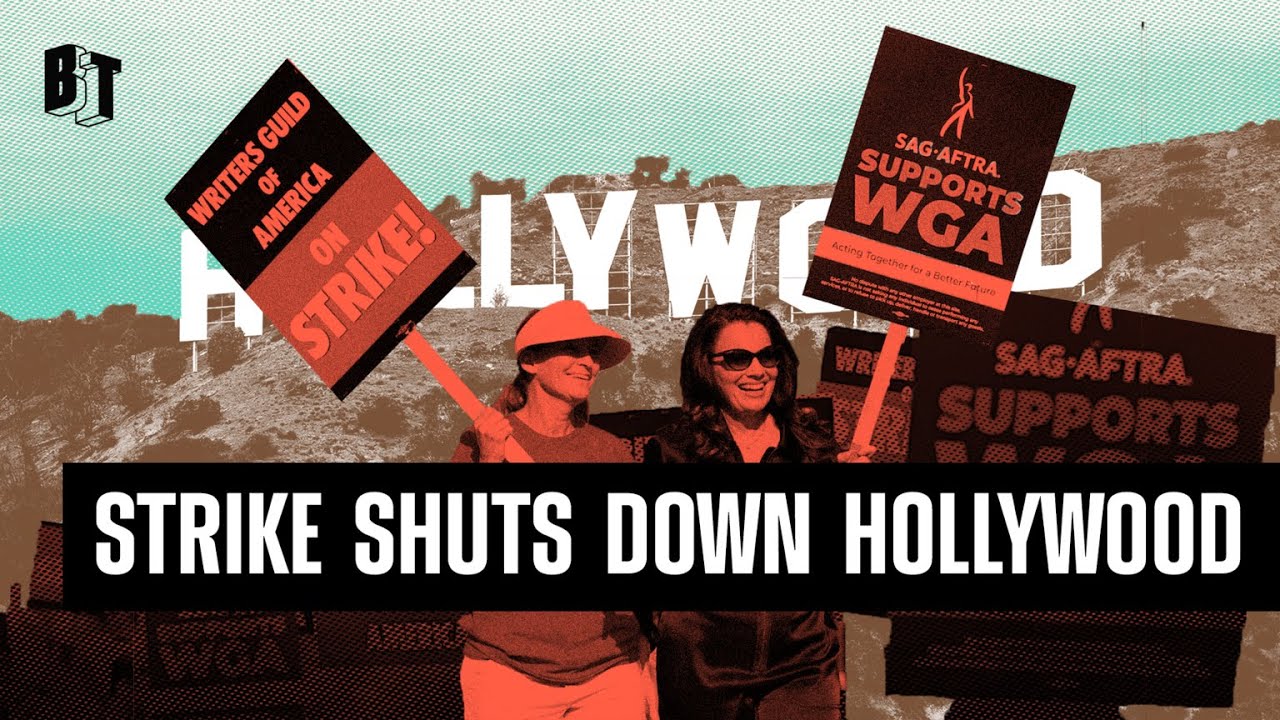

Yes it fucking was a colony. Calling somewhere “independent” and puppeting it while maintaining all colonial extractions is not freedom from colonialism.
You only learned the country’s name this week, and your entire understanding of this topic is from wikipedia. I am very much willing to give them, Burkina Faso and Mali an opportunity to be better, or not. At which point I will adjust my opinion.
Nigerian
At least get the name of the fucking country right. You’re naming the wrong ass country.











Eugene V Debs, a communist that ran for US president from his prison cell, securing 3.4% of the vote. Also the former state representative of Indiana.
https://en.wikipedia.org/wiki/Eugene_V._Debs